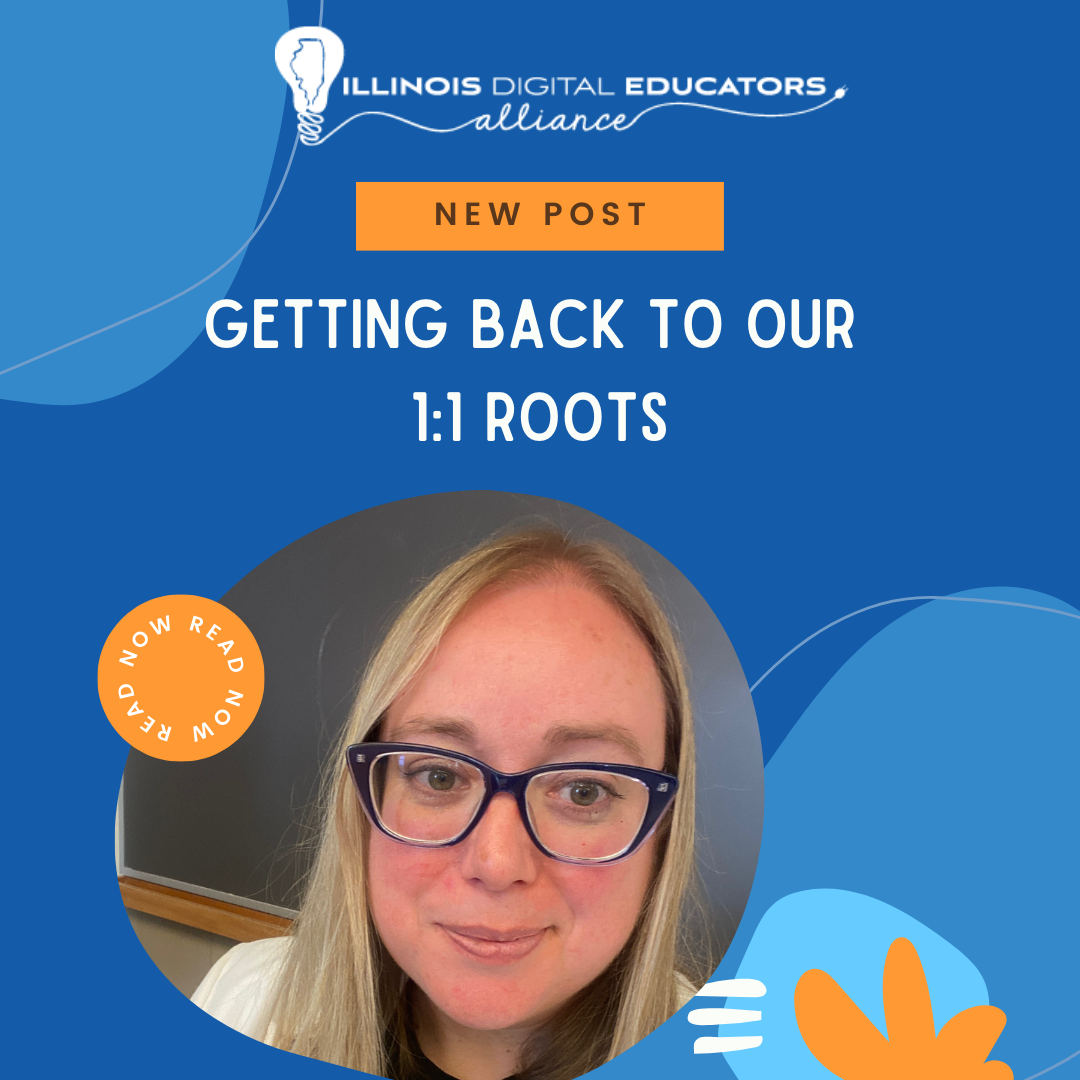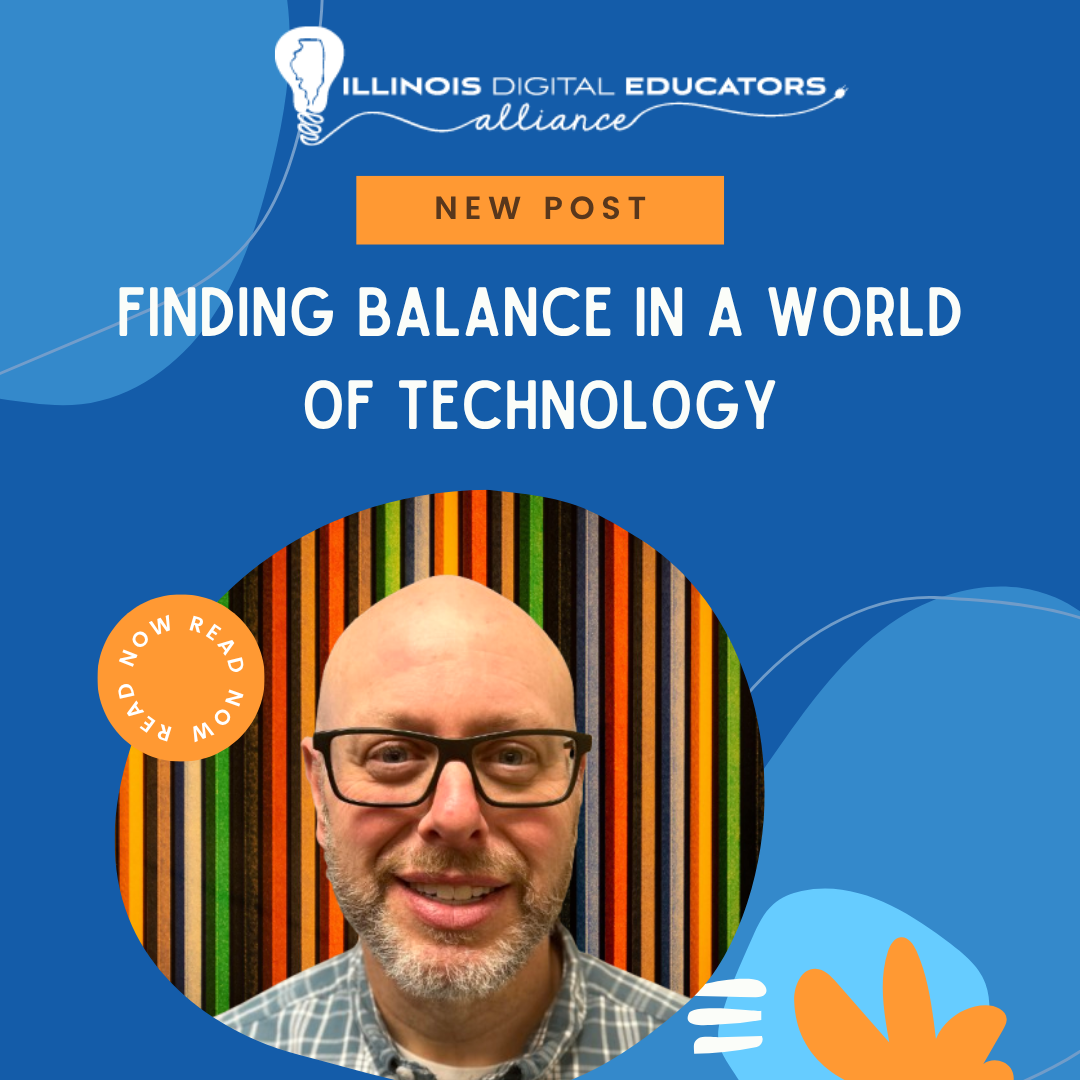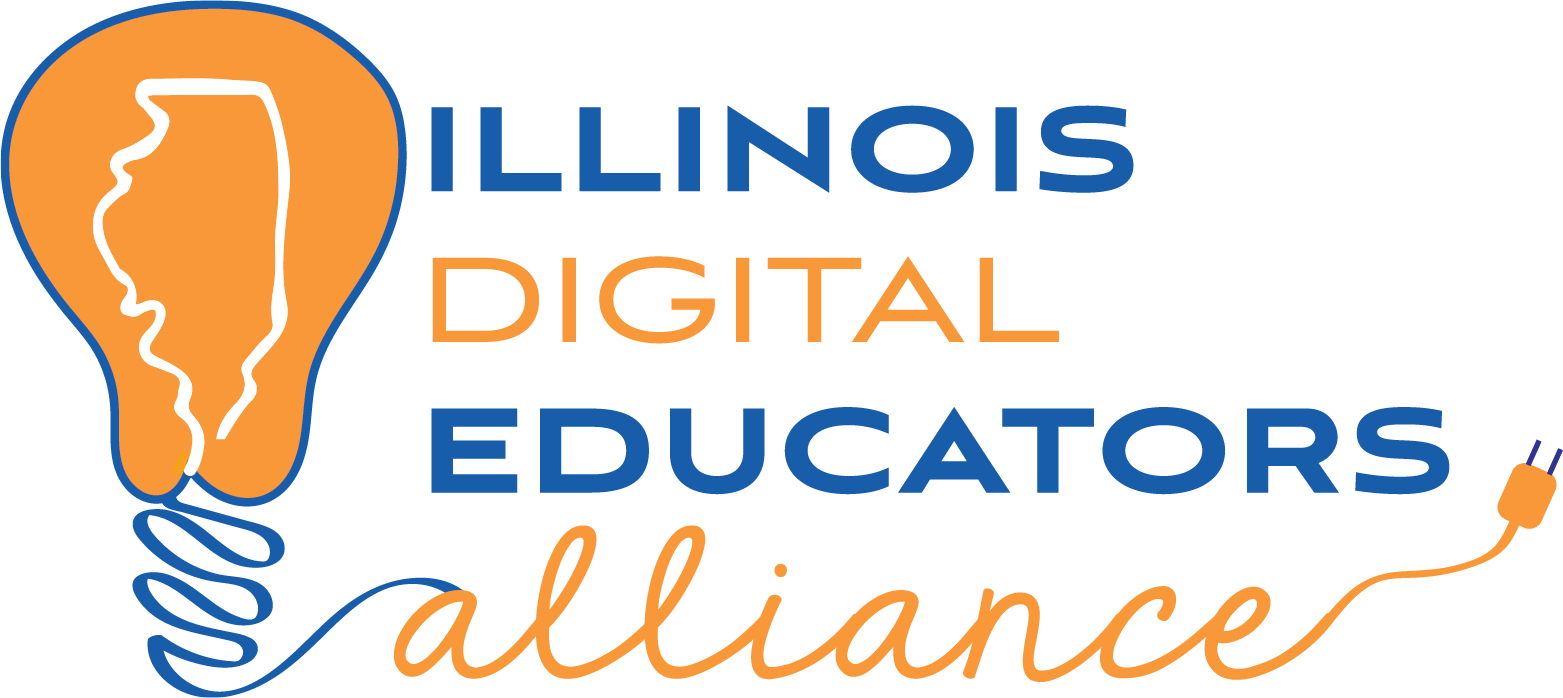AI and the Regression of Teenage Brains
ChatGPT, a form of generative Artificial Intelligence, more commonly referred to as AI, popularized amongst students my freshman year of high school. My at-the-time English teacher was the first to notice that all of a sudden, freshmen—who had never taken a high school-level English course—wrote as advanced as a college professor. He pointed out that students who showed high school-level hand-written papers were able to properly use an em dash and focused on parallel structuring solely on their online assignments, a feat he had not seen in freshmen before. It became natural for teachers—from freshmen classes to senior classes—to connect that students using emdashes or specific words—delve, deep understanding, crucial, elevate, resonate, enhance, tapestry, foster, endeavor, enlighten—had used AI in their paper. After a few months of teachers reporting that students began scoring exceptionally well on papers, my school implemented an application called TurnItIn, ironically, another generative AI that reviewed paper and scanned for “proof” of AI generated text. The issue started once TurnItIn accused students who properly incorporated a citation into an essay plagiarized the text, ignoring all credit given to the original author and the research done by the student. Needless to say, we switched back to teachers reading papers and discussing with the students themselves if there was suspicion of AI incorporation and my school made a policy about “AI Academic Dishonesty”.
Even amongst my peers in the classes with the highest rigor, there are countless kids who incorporate AI into their school work. Be it through having ChatGPT solve their calculus problem or Chemistry problem, AI is widely incorporated, which causes a noticeable shift in their critical thinking capabilities. Rather than spending thirty minutes struggling through a derivative problem on their own, they immediately refer to having ChatGPT solve it and copy the answer down, depriving them of critical understanding of the problem and the method used to solve it. General conversation is shifting too—my hallways are full of students misusing words or bragging about how ChatGPT landed them an A in a specific class. This isn’t to say I’m against AI—because I truly believe proper use of AI can be more beneficial than harmful—but as it is now, generative AI devices are damaging the development of my peer’s brains and there are dozens studies showing that generative AI, specifically Elon Musk’s Grok, is ruining the ecosystem of Memphis.
I also find that the use of the resources around me has gradually decreased. When I was a freshman, my school used a center court to hold a resource center for all subjects—on top of every teacher having office hours for an additional 30 minutes after every day—and it quickly became a hot spot for students. I write fanfiction during my free time so I was actively inside the court, having English teachers proofread my work and discussing my ideas for the next scenes. I also went in to simply talk to teachers, but that’s beside the point. Each day I was in our resource court, it was filled with students coming in for support—be it math, English, science, history, or a language—and truly working on bettering their understanding of the subject. However, now, as a senior, we only have a math resource center (MRC) that operates full-time and a science resource center that operates during the first 40 minutes of a class. My school no longer has an English resource center for students that need help and for those who do, even office hours are a 50/50. As mentioned before, teachers stay for 30 minutes after school—with the exception of teachers who supervise clubs or sports—which is far too short for English teachers that have dozens of students coming in for English support. A select number of teachers introduced an appointment scheduling simply because of how busy their office hours are, while other teachers have students who only come in the day before a summative. The teachers I know became teachers because of their love for helping students, yet my peers are dismissing all help from their teachers in favor of ChatGPT, who isn’t even correct 100% of the time.
This phenomenon occurs with reading, too. I’m an avid reader—most of my favorite novels have multiple volumes with hundreds of chapters (my all-time favorite has 1,400 chapters for the first book alone; the second book has another thousand), and a growing issue I’ve noticed as AI grows is that my peers use AI to summarize documents. For example, Connected Papers has been recommended to me by my closest friends and once I googled it, I found that it uses AI to web-browse for articles similar to a paper currently being read and labels key points that correlate to your current article.
AI is useful; essentially, AI isn’t inherently harmful and there are proper uses for it, but the misuse of AI continuously outweighs the benefits. In the above instance, having a resource capable of easily accumulating sources in a similar field of interest shaves off time spent scouring online and leaves that time for additional revisions, which is beneficial, but the most common use of AI is completion, not assistance, when it should be the opposite.

Emily is a senior in high school who believes the average teenager is underpinning knowledge regarding internet safety. She enjoys educating her peers on how to be safer digitally and following technology-based news reports. During her free time, she is an avid webnovel reader and enjoys enlarging her book collection.




